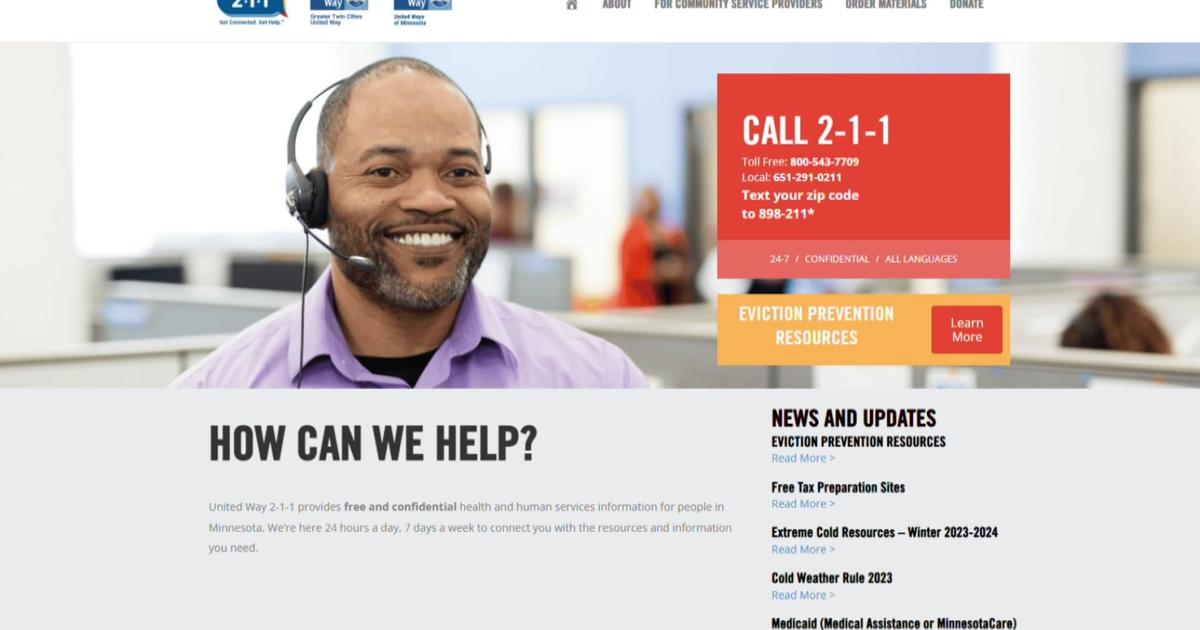How Dangerous Is Distracted Driving?
MINNEAPOLIS (WCCO) -- Next week, the state of Minnesota plans a crackdown on distracted driving. This comes as a hands-free cellphone bill makes its way through the Minnesota State Legislature.
Most people understand taking your eyes off the road is risky, but many still do it all the time. So, just how dangerous is distracted driving?
According to the Minnesota Department of Public Safety, one-third of fatal crashes in Minnesota are related to alcohol, while one in five are related to distraction and another one in five related to speed.
Last year, 59 people died on Minnesota roads due to distracted driving.
Nichole Morris, director of the HumanFIRST Laboratory at the University of Minnesota, says distracted driving isn't necessarily more dangerous than drunk driving, but it's different.
"They're both pretty risky," she says. "A drunk driver is more likely to be aggressive."
She says distracted drivers tend to drive slower, respond more slowly to anything out of the ordinary and take part in what she calls "compensatory behaviors" where they will slow down and try to get into a lane to finish their distracting task.
Studies have shown people will look away from the road for between four and 10 seconds. When a person is driving highway speeds, there's plenty of conditions that can change during that time -- from cars stopping short, pedestrians walking or animals jumping out into the road.
Morris points out distracted driving doesn't always have to mean a cellphone is involved. Eating, putting on make-up, reading, talking with other passengers or watching video can also contribute to slower response times.
"The thing that bothers me the most about distracted driving is that it becomes synonymous with text messages," she says. "There are many other things than that."
According to research from Virginia Tech, teenagers were eight times more likely to crash when dialing the phone, eight times more likely when reaching for something, four times more likely when sending a text and three times more likely to crash when eating. Morris says just talking on the phone doesn't appear to have much of an impact.
She believes more technology, like more comprehensive Bluetooth or a stricter Do Not Disturb feature on cellphones, will help keep the phones out of people's hands while driving.
"It's a huge issue and we still have lots of work ahead of us," she says.



